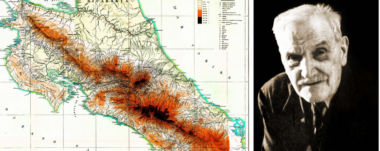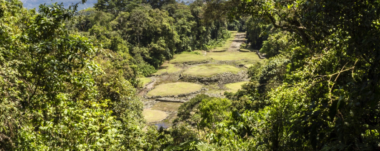Anti-plastic Initiatives in Costa Rica: A Commitment To A Sustainable Future
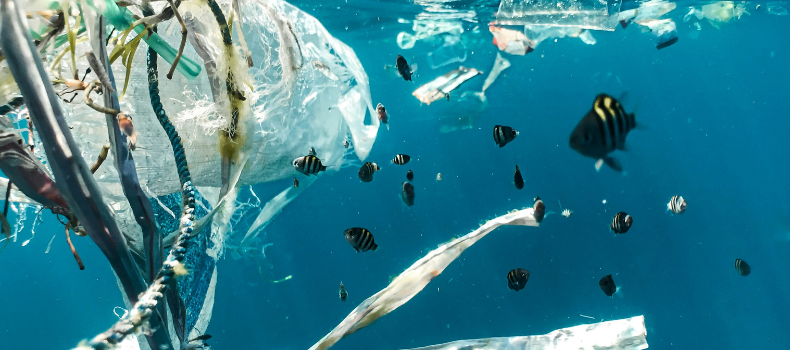
Anti-plastic initiatives in Costa Rica: regulation, research and campaigns to reduce plastic pollution and protect the environment.
Costa Rica has taken significant steps to combat plastic pollution.
As an example, in 2019, Congress passed a bill regulating the use of plastic in the country. Although this legislation was criticized for its limited scope, as it did not ban single-use plastic, it establishes guidelines for plastic waste management. Producers of plastic bags must use a percentage of recycled material and plastic waste management is included in educational programs and recycling actions for importers and producers of plastic packaging.
However, environmentalists pointed out that many of these measures were already contemplated in the 2010 waste management law, the only novelty being the ban on the use of straws within one year.
Microplastic Pollution
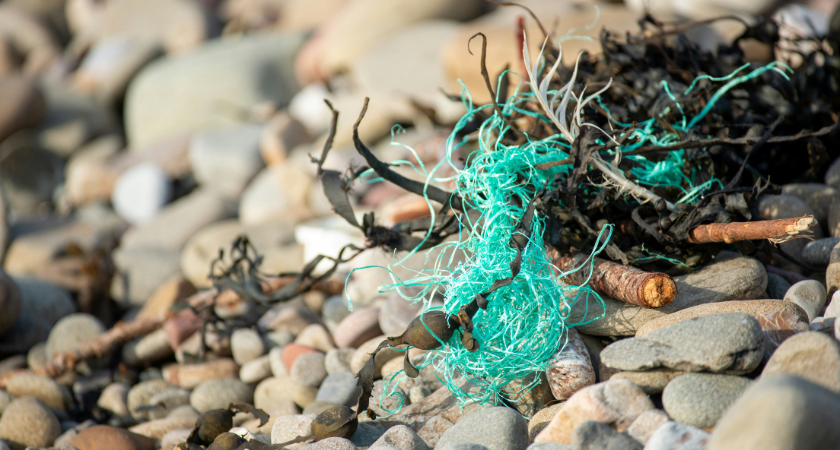
The Centro de Investigaciones en Ciencias del Mar y Limnología (CIMAR) of the University of Costa Rica has been key in the study of microplastic contamination in the country.
Since 2018, in collaboration with 14 other Latin American and Caribbean countries, Costa Rica has been using standardized methods to measure the presence of microplastics on its beaches. Scientists have counted more than 15,000 microplastics, including pellets, microbeads, plastic fragments and stereophone, on 24 beaches on the Pacific and Caribbean coast.
These microplastics, from discarded plastic waste that fragments, represent a significant threat to marine ecosystems. The project “Strengthening Regional Monitoring and Response for Sustainable Marine and Coastal Environments (ARCAL CXLV)”, funded by the IAEA, made it possible to open this line of research in the country. Since then, CIMAR has continued with sampling and analysis to create a national map of microplastic pollution, extended until 2024.
National Campaign “Landscapes Without Plastics”.
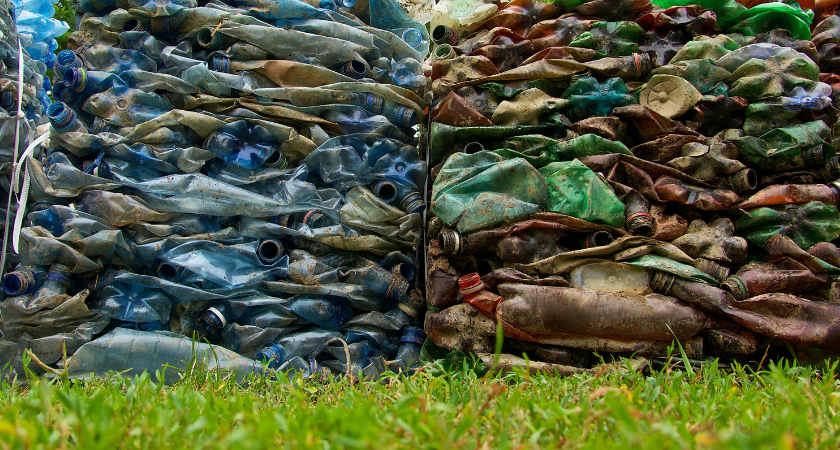
One of Costa Rica’s most ambitious initiatives is the “Landscapes Without Plastics” campaign, which seeks to remove 200,000 tons of plastic waste from the environment by 2030.
This campaign is a public-private partnership involving the United Nations Development Program (UNDP), Pedregal and CRDC Global, with the support of Televisora de Costa Rica, Delfino and the One Sea Foundation.
The project includes the installation of barriers in the country’s most polluted rivers to capture plastic and transform it into raw material for construction. It will also coordinate a media campaign and a nationwide logistics network to increase the volume of recyclable waste. Private and municipal collection and recycling centers will be included in this network. They will be functioning as transfer centers for non-recyclable waste to a processing plant in Pedregal, San Antonio de Belén.
The One Sea Foundation will also play a crucial role in financing the project, developing a fundraising campaign to provide material incentives such as compactors and equipment, and to support the transfer of non-recoverable waste to the processing plant.
Towards A Cleaner Future
Costa Rica’s anti-plastic initiatives represent a comprehensive and collaborative effort to address plastic pollution. From regulation and waste management to research and the implementation of innovative projects, the country is taking decisive steps to protect its environment. With campaigns such as “Landscapes Without Plastics,” Costa Rica is not only leading the way in reducing plastic waste, but also setting an example for the region and the world.
Sensorial Sunsets
Navigate articles



